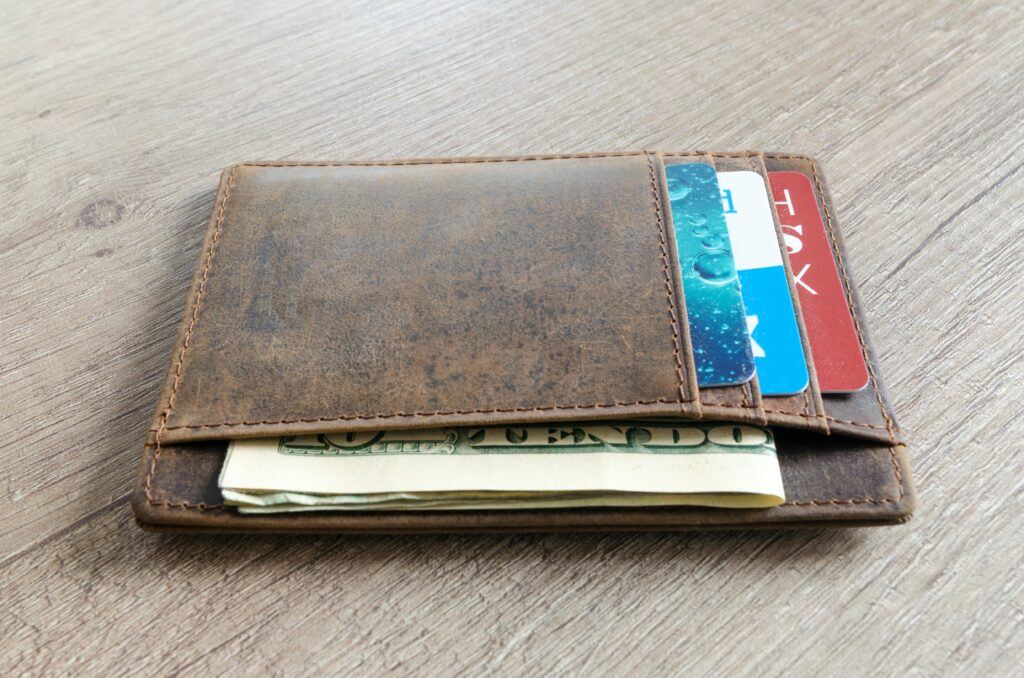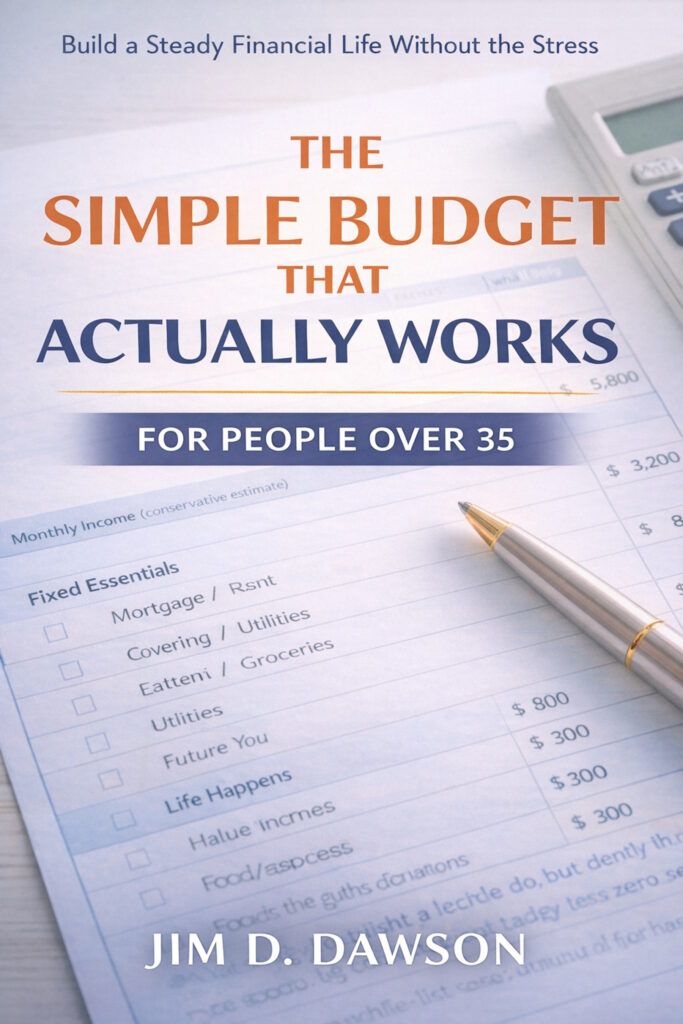Discover the top things every credit card holder should know about credit card debt, demystified in simple terms. Learn how to manage and overcome debt today!
Credit cards can be a double-edged sword. On the one hand, they’re a convenient way to make purchases, earn rewards, and establish credit. On the other hand, they can lead to overwhelming debt if not used responsibly. But don’t worry, dear reader, because we’re here to demystify the world of credit card debt and arm you with the knowledge you need to make smart financial decisions.

This blog post will cover the top things every credit card holder should know about credit card debt, from the costs of carrying it to tips for managing it. So sit back, relax, and get ready to wave goodbye to credit card confusion. Oh, and don’t forget to keep your wallet handy because the tips you’ll learn in this post will come in handy when you’re ready to pay off those bills.
The Costs of Carrying Credit Card Debt: Interest Rates and Fees Explained
Regarding credit card debt, it’s easy to focus on the big picture: the total amount you owe. But if you want to truly understand the costs of carrying credit card debt, you have to look closely at the interest rates and fees that come with it. Think of it this way: interest rates are like the silent thief that sneaks into your bank account and steals your money, while fees are like the annoying little sibling that begs you for a dollar every time you go to the store.
But don’t worry; we’re here to explain the ins and outs of interest rates and fees, so you can make informed decisions about your credit card usage. We’ll cover everything from annual percentage rates (APR) to balance transfer and late payment fees, so you can understand exactly how much you’re paying for the privilege of carrying credit card debt. And, just like with a silent thief, the more you know about how credit card interest rates and fees work, the better you’ll be to stop them from stealing your hard-earned money.
How to Manage Credit Card Debt: Tips and Strategies
Managing credit card debt can feel like trying to tame a wild beast – overwhelming and overwhelming. But don’t fret, dear reader, because we’ve got your back with some tips and strategies that will make taming that beast a breeze.
First and foremost, it’s important to create a budget and stick to it. This means taking a hard look at your income and expenses and figuring out where you can cut back. And, just like with any wild beast, you need to keep an eye on your credit card balances and ensure you’re not overspending.
Another tip is to pay more than the minimum payment; it’s like putting a leash on the beast and taking control; you’ll pay off your debt faster and save interest.
Consolidating your credit card debt can also be a great strategy. It’s like putting all the wild beasts in one cage; it’s easier to manage.
We also recommend looking into balance transfer credit cards or personal loans to help you pay off your debt.
Remember, managing credit card debt is like taming a wild beast, it takes time, patience, and effort, but with the right tools, you’ll come out victorious.
The Consequences of Not Managing Credit Card Debt: Damaging Your Credit Score
When it comes to credit card debt, not managing it is like playing with fire – it can be dangerous and damaging. And one of the most significant consequences of not managing credit card debt is the damage it can do to your credit score.
Think of your credit score like your reputation, it takes years to build a good one, but it can be damaged in a matter of minutes. Late payments, high balances, and maxing out your credit cards can all negatively impact your credit score, and it can take a long time to recover.
A low credit score can make getting approved for loans, credit cards, and even rental applications difficult. It’s like having a scarlet letter on your forehead; it’s hard to shake off.
But just like a scar, you can recover from it. By managing your credit card debt, paying your bills on time, and keeping your balances low, you can start to repair your credit score.
In short, not managing your credit card debt is like playing with fire; it can burn you and take a long time to heal the burn. So, be careful, and manage your credit card debt properly to avoid damaging your credit score.
Debt Consolidation and Credit Counseling: Solutions for Managing Credit Card Debt
When it comes to managing credit card debt, it can feel like you’re stuck in a never-ending cycle of payments and interest charges. But don’t despair, dear reader, because there are solutions out there that can help break the cycle. One such solution is debt consolidation, and another is credit counseling.
Debt consolidation is like taking all of the wild beasts that are your credit card debt and putting them in one cage; it’s easier to manage. It involves taking out a new loan to pay off multiple debts, such as credit card balances, and then making one payment each month to pay off the new loan. It can simplify the process and help you save money on interest charges.
Credit counseling, on the other hand, is like having a personal trainer for your finances. It involves working with a financial professional who can help you create a budget, develop a debt repayment plan, and teach you how to manage your money more effectively. It’s a great way to get a handle on your debt and learn how to avoid falling into the same trap.
In short, debt consolidation and credit counseling are like a magic wand and a personal trainer for your credit card debt; they can help you get out of the cycle and become debt-free.
The Importance of Budgeting and Saving: Preventing Credit Card Debt in the Future
Prevention is better than cure, and when it comes to credit card debt, the best way to prevent it is through budgeting and saving. Just like with a healthy diet and exercise, budgeting and saving are the keys to a healthy financial life.
Budgeting is like keeping track of your calorie intake; you need to know how much you’re spending and where you can cut back. It’s about setting realistic financial goals and figuring out how to achieve them.
Saving, however, is like going to the gym; it requires discipline and consistency. Having a savings cushion can help you avoid using credit cards for unexpected expenses and help you achieve your financial goals faster.
By budgeting and saving, you’re building a financial fortress, like a castle that can withstand the attacks of credit card debt. It’s like having a shield against the temptations of overspending and the traps of high-interest rates.
In short, budgeting and saving are like a healthy diet and exercise for your finances; they can help you prevent credit card debt and build a strong financial future.
Conclusion: Empowering Yourself with Knowledge About Credit Card Debt
In conclusion, credit card debt can be a tricky thing to navigate. Still, by educating yourself about the costs, consequences, and solutions, you can empower yourself to make smart financial decisions. In this blog post, we’ve covered the top things every credit card holder should know about credit card debt, including the costs of carrying it, how to manage it, and the importance of budgeting and saving to prevent it in the future.
By understanding the ins and outs of credit card debt, you can avoid the traps of high-interest rates and fees and take control of your finances. Whether you’re struggling with credit card debt or simply want to be proactive about avoiding it, the knowledge and strategies outlined in this post can help you achieve your financial goals.
Remember, knowledge is power, and by educating yourself about credit card debt, you’ll be able to make informed decisions and take control of your financial future. Don’t let credit card debt control you; by empowering yourself with knowledge, you’ll be able to conquer it.
